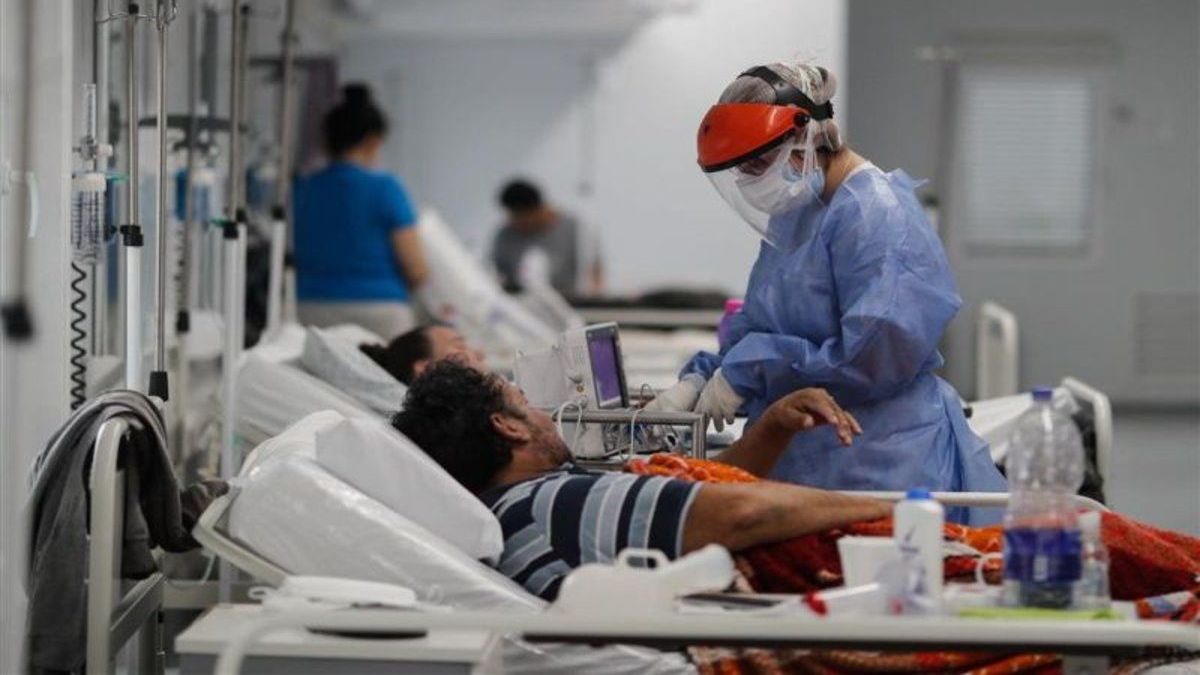The scientists found that the increased risk is not due to a difference in the genetic coding of the proteins, but to differences in the DNA that create a kind of “switch” to turn a gene on.
That genetic signal would affect lung cells, while a higher-risk version of the identified gene, called LZTFL1, could possibly prevent the cells lining the airways and lungs from responding adequately to the virus.
The gene for the higher-risk version, however, does not affect the immune system, which produces antibodies to fight infection, the researchers noted, adding that people who carry this version of the gene should respond normally to vaccines.
“The study shows that the way the lung responds to infection is critical. This is important because most treatments have focused on changing the way the immune system reacts to the virus.”said Professor James Davies, co-director of the study.
In this regard, researchers are also hopeful that drugs and other therapies may target the pathway that prevents the lung’s lining from being transformed into less specialized cells, increasing the possibility of new personalized treatments for those most likely to to develop severe symptoms.
The results were published in the academic journal Nature Genetics.
Source From: Ambito
David William is a talented author who has made a name for himself in the world of writing. He is a professional author who writes on a wide range of topics, from general interest to opinion news. David is currently working as a writer at 24 hours worlds where he brings his unique perspective and in-depth research to his articles, making them both informative and engaging.




